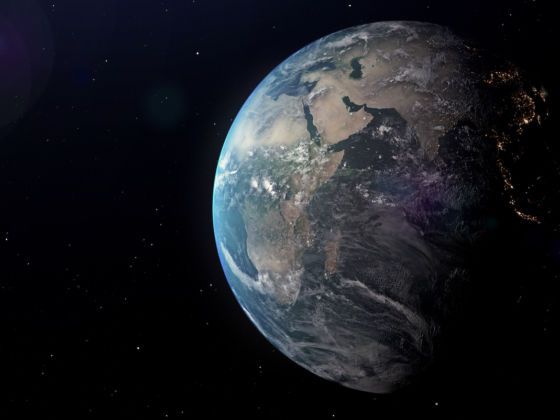Here are six of our favorite TED Talks about the environment:
1. Yann Arthus-Bertrand captures fragile Earth in wide-angle.
“You know the problem [is that] we don’t want to believe what we know,” Arthus-Bertrand says at the beginning of this 15 minute talk, in which he presents large-format photos he’s shot that show exactly how we’re damaging the planet. The statistics he superimposes on the photos of Kilimanjaro, the North Pole, and the New Caledonia coral reef are given weight by the fact that those images illustrate numbers that remain abstract unless we see the damage with our own eyes.
